The Courier put 13 questions to Perth and Kinross Council this week following a torrent of complaints about its rewilding policy.
Residents have been hitting out about long grass and weeds leaving parks and paths inaccessible.
Overgrown roadside verges and cemeteries have also provoked fury in many communities.
Some of the reductions in grass cutting are connected to the council’s three-year Grow Wild trial, which aims to boost biodiversity.
But critics claim it’s simply cost-cutting disguised as rewilding.
And they are angry that they are only being consulted on the changes to their neighbourhoods after they were introduced.
Perth and Kinross defended the approach in its answers to The Courier’s questions.
You can read the responses here.
But was it enough to win over its opponents?
Here’s a sample of Courier readers’ views.
‘Things got into unacceptable state’
Mhaira Guiness spoke for those who think rewilding is an admirable policy in many ways – but ones that’s been poorly executed in Perth and Kinross.
“I wouldn’t mind if some areas were left to grow long grasses. It is very beneficial for insects,” Mhaira said.
“However, this summer has had plenty of dry days during which the council could have attended to banks and verges where motorists need visibility, and well-used footpaths, some of which became completely overgrown with nettles and thistles.
“Bad weather happens, and some places could be left to grow ‘wild’,” added Mhaira.
“But this year things were left to get to an unacceptable state in many areas.”
Where do people fit into Perth and Kinross rewilding plans?
Writer KM commented that the council should be focusing on the environment it provides for people, as well as nature.
“They have found an excuse to ‘save’ money, which will undoubtedly be spent on some other vanity project, by creating this ‘wilding’ policy,” they said.
“It’s clearly unsuitable in city and urban areas, and trying to legitimise it by using the virtue catchall ‘reducing carbon emissions’ is obviously ridiculous.
“They need to get a grip and start doing their job, which is providing a suitable environment for people to live and grow in.”
Another commenter agreed: “Perth City looks forgotten; so glad my overseas visitors did not come this year.”
‘Money saving… nothing more, nothing less’
Jerry48 wrote: “I would have thought P&K actually had so much wilderness within its boundary already it could surely keep public parks and cemeteries tidy.”
And the council’s argument that “leaving long grass in parks and greenspaces is common practice across Scotland” was dismissed as “utter, utter nonsense”.
“Having our grass neat and tidy is what differentiated us from much of Europe,” added Jerry48.
One anonymous poster said of the long grass: “It is unsightly and especially on the Dunkeld Road where people are coming into Perth, (perhaps for the first time) to see the overgrown grass is not giving a good impression.
“Definitely it’s a money saving scheme,” they added. “Nothing more, nothing less.”
And another said it should be up to council tax payers to decide if they want their grass areas left uncut and wild.
“I think you would find the majority of people want areas cut short and tidy,” they added.
“Just something else they have forced on us without opinion.”
Carbon questions for council
Just one commenter came to the defence of Perth and Kinross Council’s rewilding strategy, saying: “They are taking responsibility for the wider environment not just the ‘people’.”
But another had a 14th question for the council.
“Could someone who supports this initiative please explain how allowing grass to grow long reduces carbon emissions?” they wrote.
“The vast majority of carbon emissions come from non-electric vehicles and gas boilers. Somehow growing grass long leads to less cars on the road and people using central heating less?
“I’m pretty sure they meant that it increases carbon storage but, if that is the case, could someone please advise how much more carbon is stored in grass that is not cut compared to grass that is cut say once a month?”
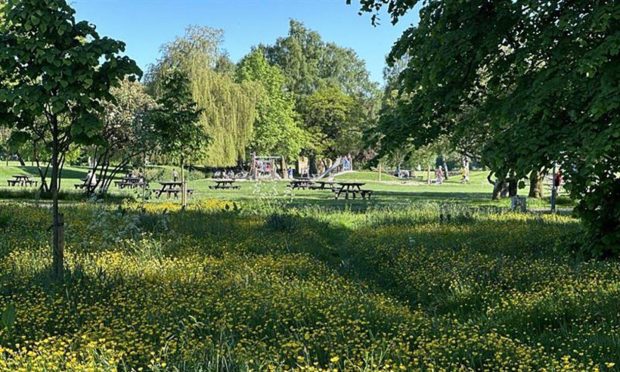
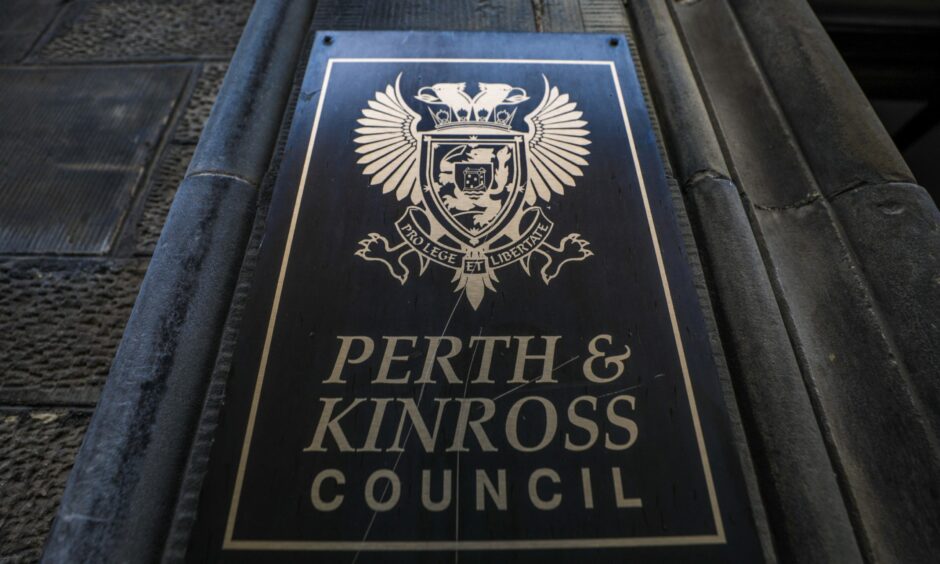
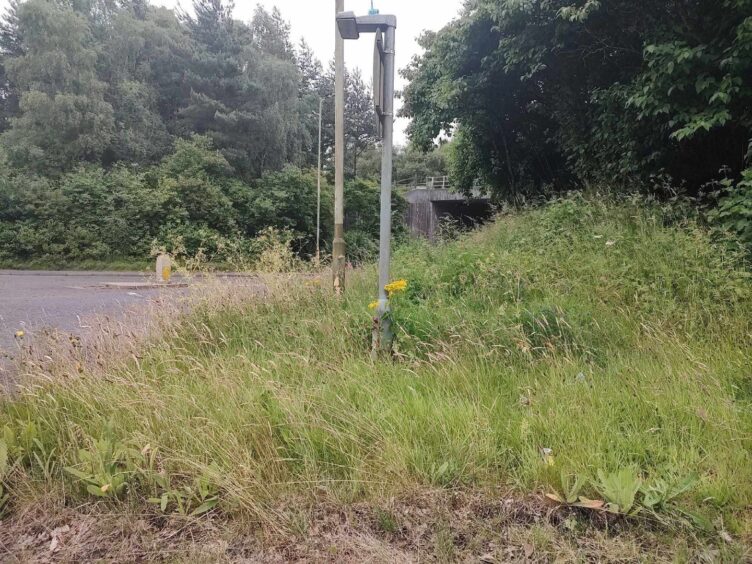
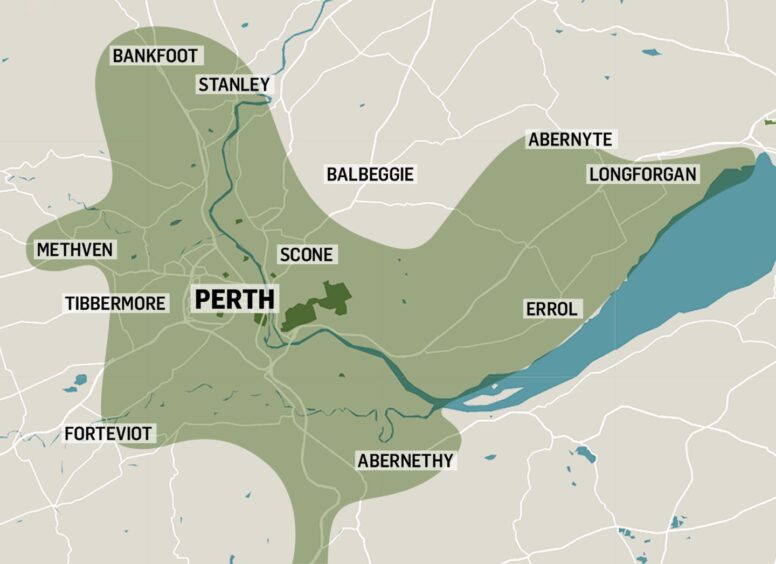
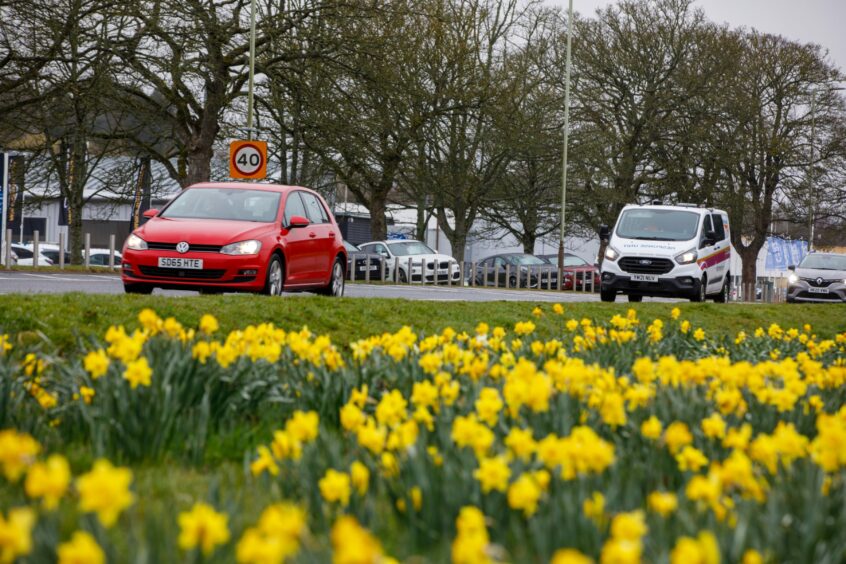
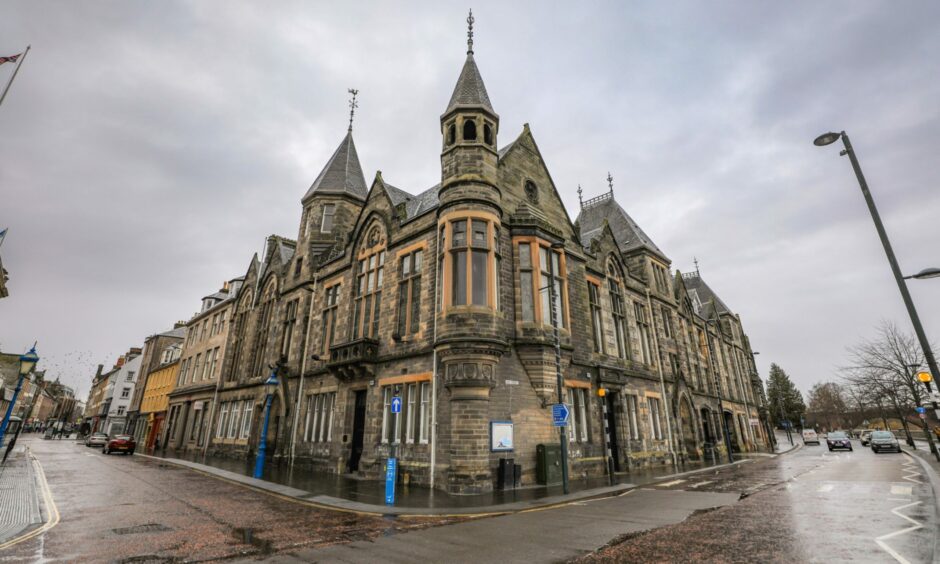

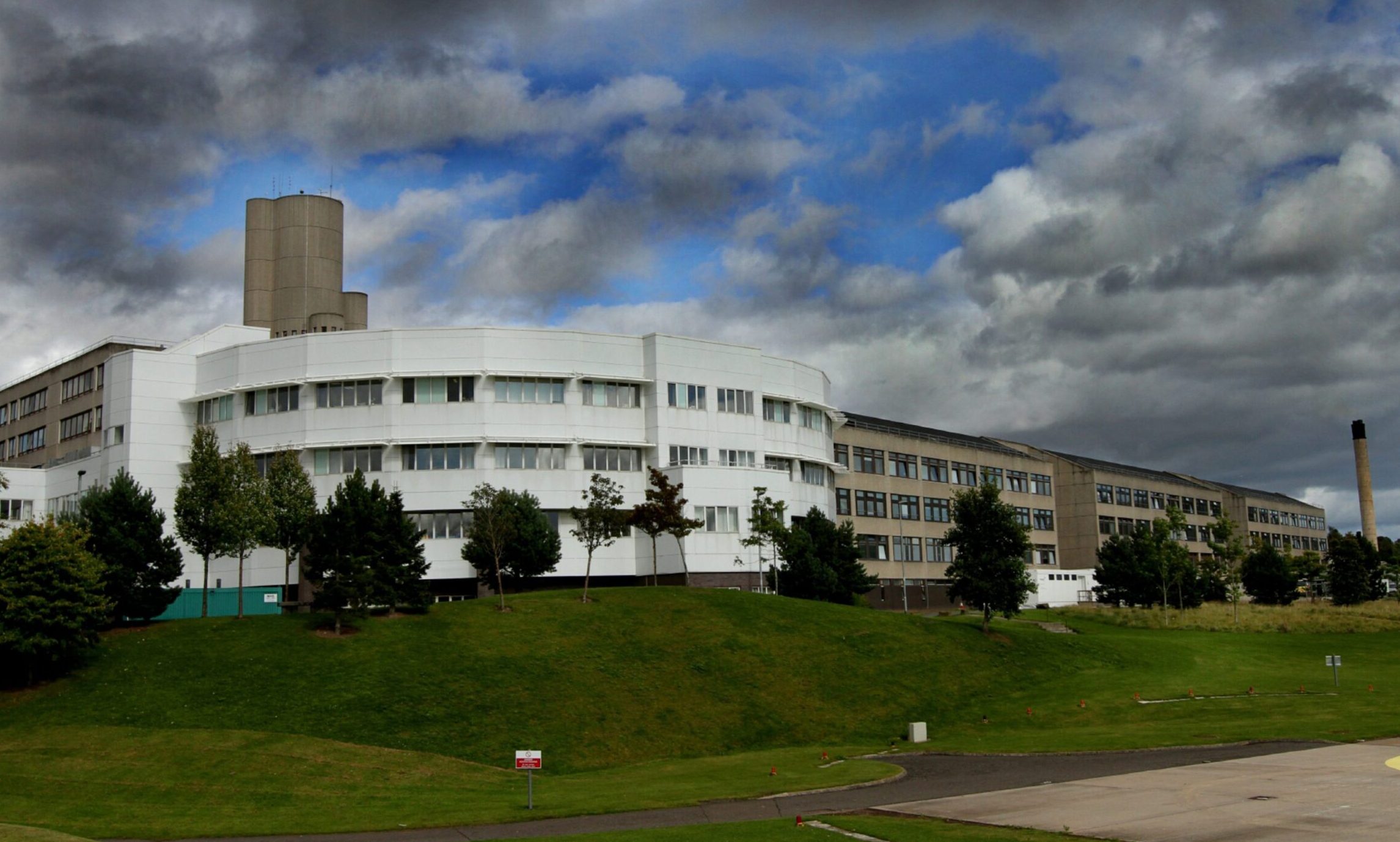
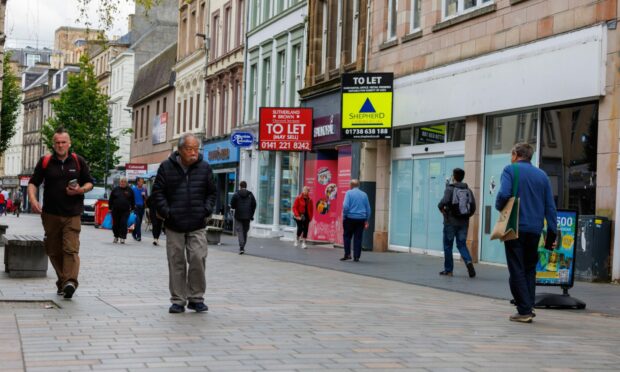



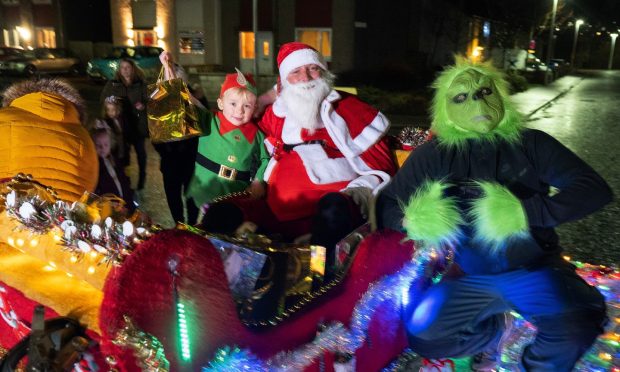
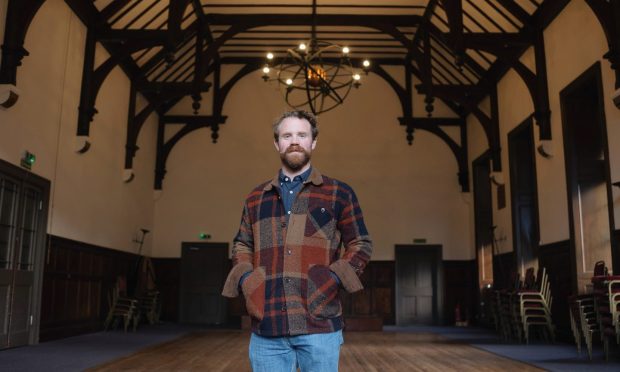
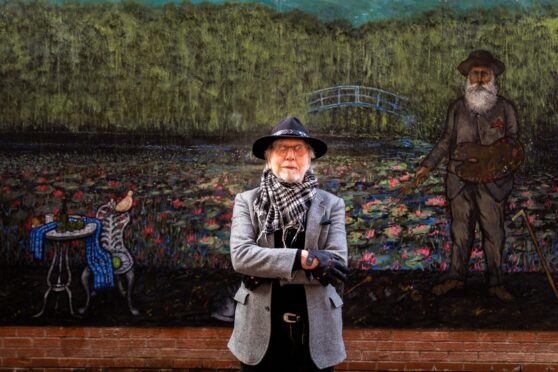
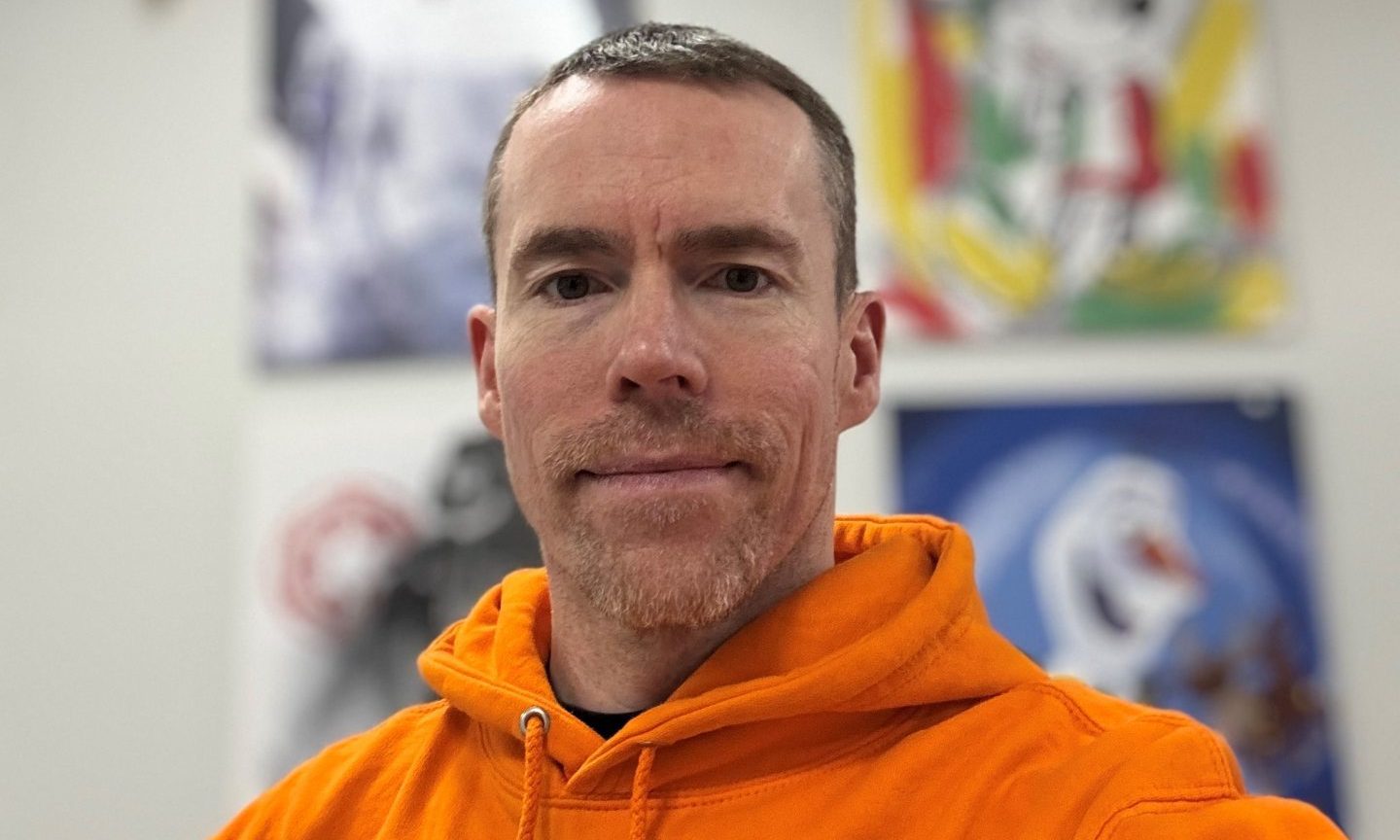
Conversation